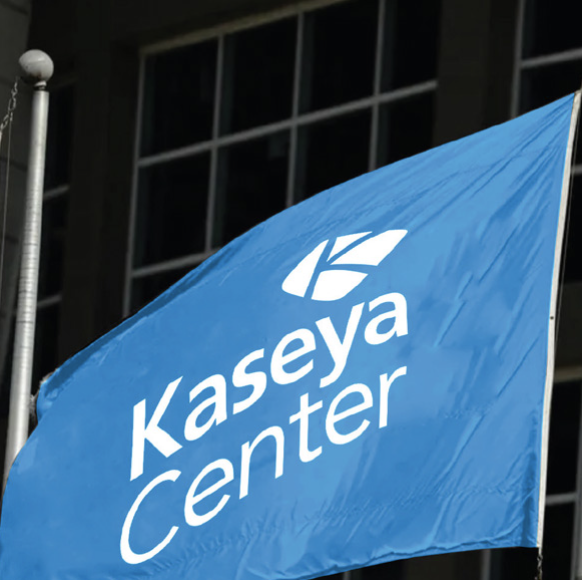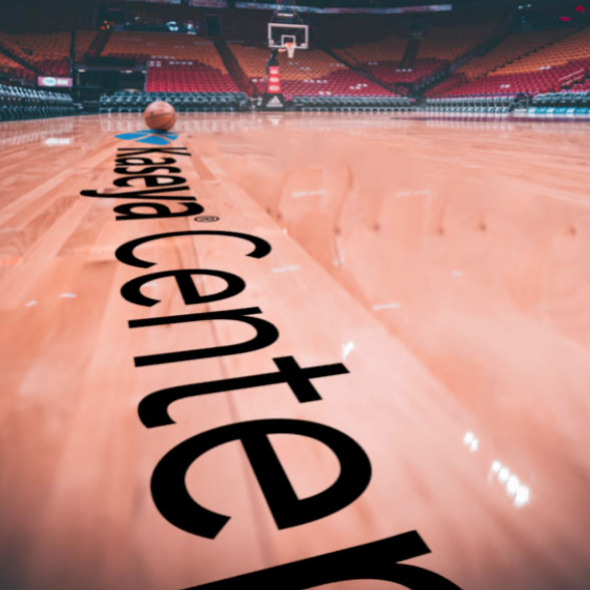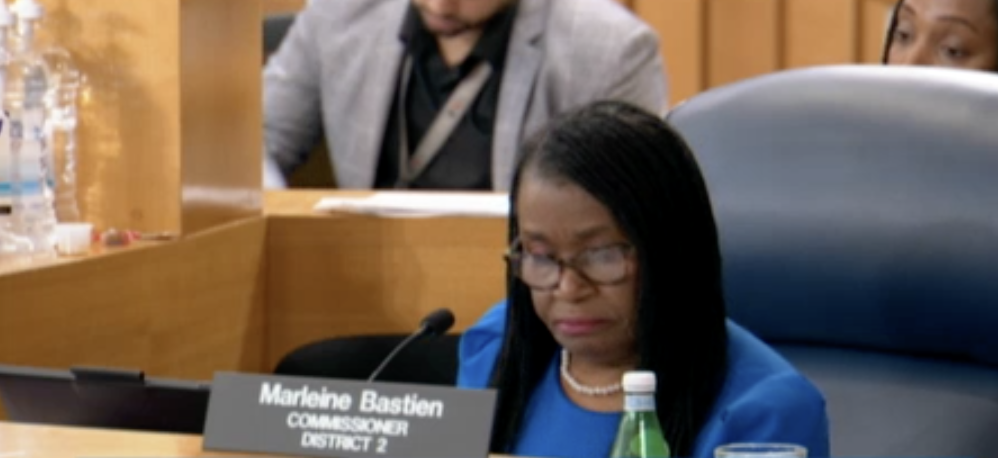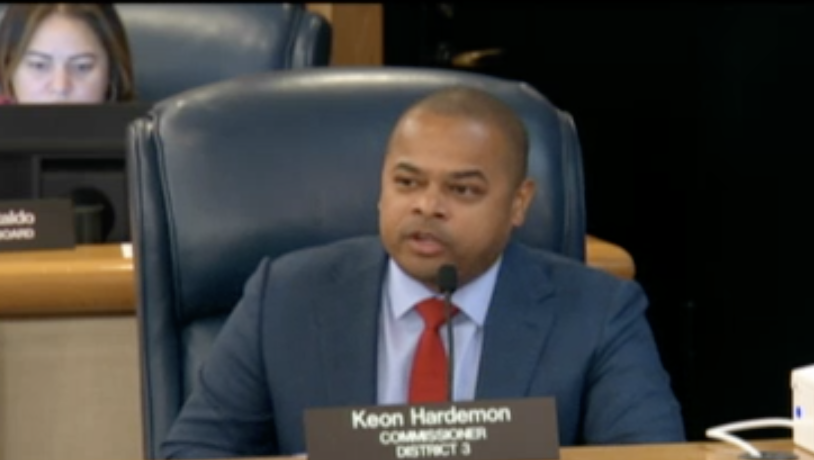Kaseya what? New name for Miami Heat arena will net Miami-Dade $117M
Kase-who?
Miami-Dade Commissioners voted unanimously Tuesday to give the naming rights to the former American Airlines Arena — which, admit it, is what everybody still calls it even after it became the FTX Arena — to a local cybersecurity software company that almost nobody ever heard of before.
Let’s see if the Kaseya Center lasts longer as the FTX, which crashed into a ball of fire and filed bankruptcy last year after its CEO was arrested on fraud charges for stealing customers’ deposits. The deal is practically identical, county officials said. But once bitten, twice shy commissioners had questions.
Commissioner Rob Gonzalez was skeptical given the limited information he said they were provided.
“Has anyone seen their books? Because I have not,” he said, adding that he would vote in favor only because the mayor asked him to trust her, “and you’ve never given me a reason not to trust you.”
Awww. You’re new, dude. Give her time.
“But as a lawyer, I am persuaded by evidence, and the evidence supported by this memorandum is very thin,” Gonzalez said.


Commissioner Eileen Higgins liked that the privately-held Kaseya, based in her district on Brickell Avenue, is a local company (a Silicon Valley transplant circa 2015) with 900 employees in Miami and that they are committed to adding another 3,000. Of course, they already got a $4.6 million incentive from the county in February to do just that.
She was also happy that they are doing to pay the same amount as FTX had agreed to pay, basically $117 million over the next 19 years. The county has to give the Miami Heat $2 million a year from that. And she was happy that it was a stable industry.
“It’s a responsible company, not a fly-by-night, crypto-thing-a-ma-bob,” Higgins said.
Newly-elected Commissioner Marleine Bastien said she would support it, but would rather have had the administration bring her the options. She scolded Chief Operations Officer (read: Deputy Mayor) Jimmy Morales for not providing her with the five proposals as she requested and asked why Kaseya was chosen.

Morales said that while five entities reached out, only two provided financial proposals. And Aroma360, another local company, offered to pay “significantly less,” Morales said. The other companies that ultimately did not pursue the naming rights were Wild Fork, iHeart Radio and a bank.
“We made it very clear that despite what happened with FTX we did not view the arena as a distressed property. We were not having a fire sale,” Morales said, adding that Kaseya offered the best deal.
He also said that by reaching an agreement now, the county avoids paying a fee to a broker, which can take months — as it has with the Florida Panthers — and will get more of the funds quicker because of the full $3.7 million payment in June.
The Kaseya logo, a weird K in a blue diamond-shaped cloud, is expected to be on the Miami Heat’s arena floor by the next game this weekend. The Heat and the NBA have already approved the deal.
A letter of credit that worried some commissioners is a defacto guarantee for a year and a half, Morales said.
Flashback: Mayor, Miami Heat bait and switch to ‘better deal’ for who?
“We learned from last time,” he said, referring to the FTX epic fail. “Because of the FTX experience, we hunted a company with a stable industry. It was a plus that it was a local company.”
Mayor Daniella Levine Cava — who got a lot of praise for making this happen so quickly — and Commissioner Keon Hardemon was grateful that Kaseya would resume funding the county’s Peace and Prosperity Plan, which aims to reduce gun volemce and increase economic opportunity in the inner city.
“Because we have a lot of great need in the community,” Hardemon said. “But what this is, is the litmus test.
“To me this is but still a drop in the bucket. We need to continue to pour into the Peace and Prosperity Plan because if we do that then maybe we spend less on the corrections department and having to arrest and house inmates,” Hardemon said. “Maybe we spend less on policing when it comes to neighborhoods of high crime.
“It would be nice if these neighborhoods of high crime come to not exist.”
That’s a tall order for the Kaseya Center. But they were already crowing about the naming rights on the company’s website, which has photos of what that might look like.



